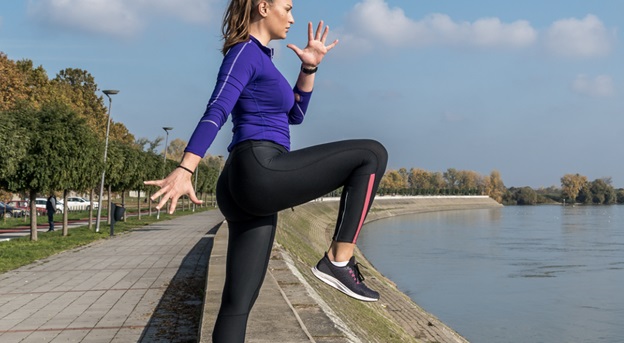The foods in sports nutrition serve three primary purposes: providing energy, strengthening and repairing tissues with Fighter Training Stack for example, and maintaining and regulating metabolism. Athletes have no single diet – this will depend on the sport practiced. It must be remembered that the same sports nutrition does not work for a professional dedicated to bodybuilding, where protein foods help to generate muscle hypertrophy, and for another who practices more athletic sports, where carbohydrates favor prolonged energy effort.
For correct planning of sports nutrition, it is necessary to consider the individual characteristics of the athlete, his nutritional status, and the type of sport he practices. In addition, this nutritional plan must be varied, avoiding eliminating essential food groups and always considering the demands of sports practice.
As far as supplements from places like snac for example are concerned, personalized supplementation, according to the individual needs of each athlete and their responsible and well-planned use, is a great advance in sports nutrition that must be considered.
In this case, food supplements such as omega 3 should be given priority, as in addition to the many benefits that this nutrient provides to the body, it is essential to reduce the level of oxidative stress in athletes, as it has anti-inflammatory and antioxidant action.
Adding spirulina to the diet, a microalga considered a superfood, is also a great option for athletes’ nutrition. For those who practice sports, including high-performance sports, this natural food provides B vitamins, iron, and protein and has a high concentration of antioxidants. As for high-performance athletes, powdered glutamine can be used as a supplement to improve performance, increase strength and relieve trauma to the muscle tissue resulting from more prolonged physical exercises since it is an amino acid, the main component of muscle, and a component of protein. Combining a specific diet, supplementation, training, and rest routine are essential to maintain an optimal state of health, which is equivalent to greater performance and recovery.
Depending on the diet followed by an athlete, it is possible to see how their performance improves or, on the contrary, it is limited or even diminished since an inadequate diet can cause injuries and even fatigue.
What Indicators Should An Athlete Take Into Account For A Balanced Diet?
A balanced diet covers all macro and micronutrient needs, depending on each individual’s physical activity and physical characteristics. The diet should provide energy and be as varied as possible, including all essential food groups, preferably of natural origin (cereals, vegetables, fruits, meat, fish, eggs, nuts, dairy products, and olive oil).
An athlete’s diet usually ranges between 2,000 and 2,500 calories daily. Meals should be taken before and after exercise. Generally, athletes should eat about two hours before practicing their sport. Sports nutrition should be high in carbohydrates, low in fat, and moderate in protein.
Carbohydrates are the primary source of energy that sport requires. Protein helps with muscle growth and repair. After exercise, you need to replace lost carbohydrates and ensure adequate muscle recovery

